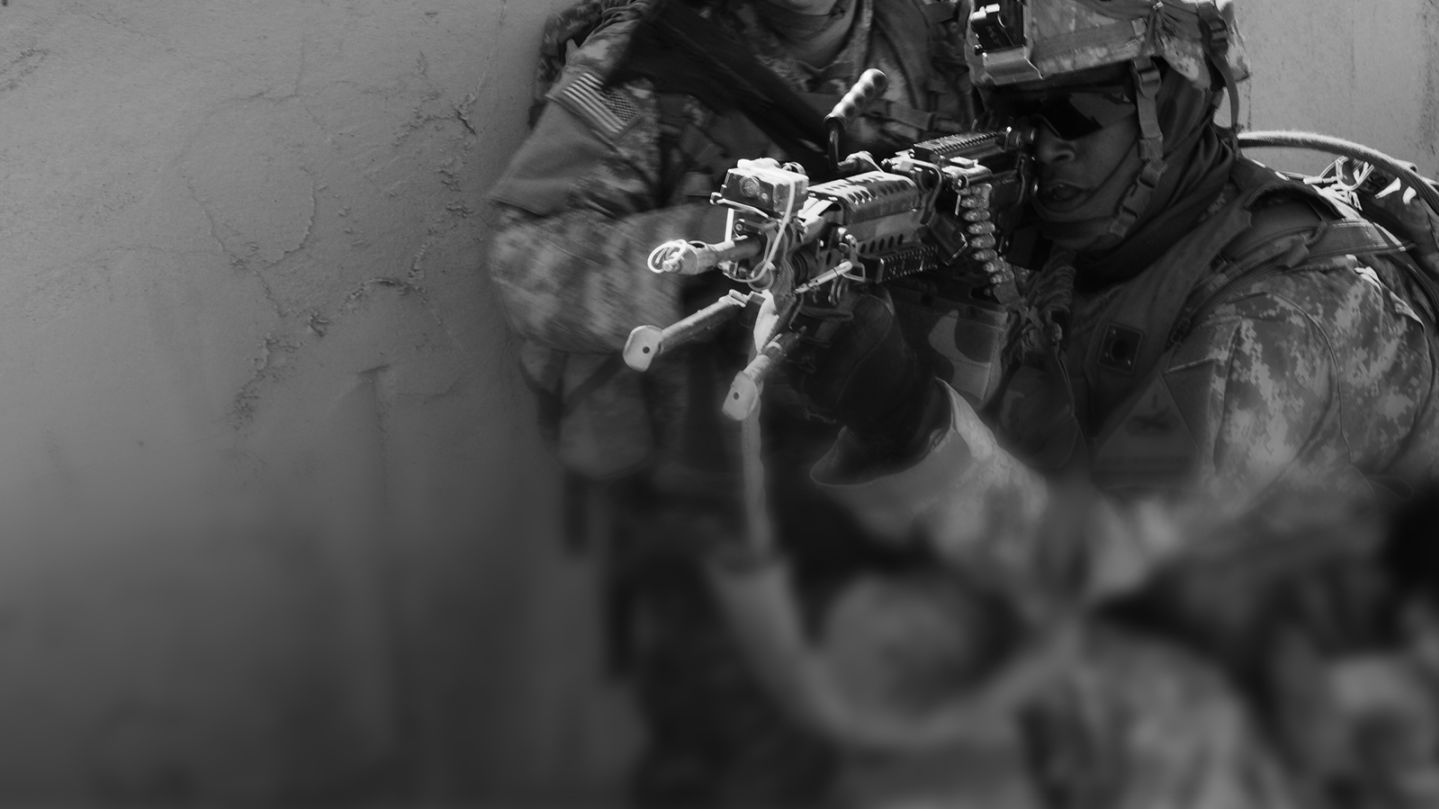Acting Defense Secretary Patrick Shanahan has essentially been on a job interview since he took the helm of the Pentagon in an acting capacity following the sudden resignation of James Mattis. And so far he seems to have made a good impression on the commander in chief.
President Donald Trump has said that he has been impressed by Shanahan’s tenure as acting secretary and is inclined to nominate him to formally take over as secretary of defense, one source close to the White House told CNN. When some of his advisers have suggested other candidates, Trump has responded by saying he is inclined to keep Shanahan.
“Why can’t I keep Shanahan?” Trump said, according to this source. “He’s good, right? He’s doing a good job for me.”
The former Boeing executive has been on the same page publicly as Trump on issues ranging from supporting military efforts for the national emergency Trump declared on the border to endorsing Trump’s view that ISIS has been militarily defeated.
Shanahan also has sought to keep the Pentagon low-key, showing himself able to lead, and he’s at least publicly avoided drama with the White House. He outlined what was essentially a corporate view of the job to reporters last month, saying there would be “no change to the priorities, no change to the strategy.”
“It’s really, you know, go faster on the implementation and the execution,” Shanahan said.
It’s that approach in part that has endeared Shanahan in Trump’s eyes. A source close to the White House said Trump has leaned toward nominating him to the post because he believes Shanahan won’t push any particular policy agenda on the President – a major source of tension between Trump and Mattis who resigned last December because he disagreed with the President’s decision to withdraw US troops from Syria.
Shanahan’s more corporate approach may appeal to Trump. Inside the Pentagon the betting money is Shanahan will be nominated by the President, which would mean the ‘acting’ is removed from his title if he is confirmed by Senate. One reason Shanahan is assumed to be the favorite to be the nominee is that no other names appear to be gaining traction.
Other names that have been mentioned by Pentagon watchers, if not within the White House, include Secretary of the Air Force Heather Wilson, who is said to be close to Vice President Mike Pence; Jim Talent, the former Republican senator from Missouri; Secretary of the Army Mark Esper; and retired General Jack Keane, who has said he is not interested in a political position.
Scrutiny over Shanahan’s qualifications
Shanahan has faced some criticism and drawn scrutiny over his qualifications for the post, given his lack of military or national security experience before joining the Trump administration.
Earlier this month while in Brussels, Shanahan was asked if he’d be willing to serve as acting secretary in the long run, he replied, “I’d be happy to serve the country in any capacity the President asks me to do. … The Department of Defense is an amazing institution, and whether it’s ‘acting’ next to your name or not, it’s the same job. I’ll do the same – I’ll do the job the same way.”
In response to a request from CNN, Shanahan’s staff provided additional details about his experience during the 17 months he served as deputy secretary of defense under Mattis. Shanahan spokesperson’s Lt. Col. Joseph Buccino said “he was instrumental in the development of the National Defense Strategy, as well as the 2018 Cyber Strategy, the 2018 Cyber Posture Review, the Missile Defense Review, and the 2018 Nuclear Posture Review.”
Shanahan received more than 1,000 intelligence briefings during his time as Mattis’ deputy but according to his staff he was focused on policy issues.
These included trying to put more emphasis on cyber operations, protecting national security data and developing a new military branch solely devoted to space, a top defense priority for Trump. He also shepherded several key studies through the Pentagon bureaucracy including reviews of missile defenses and nuclear weapons.
Along with that, Shanahan, a former Boeing executive, kept a close eye on Lockheed’s F-35 fighter jet program.
For now, Shanahan publicly likes to say he is focused as acting secretary on Russia and China as potential competitors to the US military in the coming years. But if he is confirmed, like all secretaries of defense in recent decades, he is likely to face a series of crises where he will be called up to give the President military advice, rather than just agreeing with him. “I’m always prepared to give the President feedback,” Shanahan told reporters January 29.
But there already have been missteps. Shanahan initially was adamant that ISIS had been defeated, stating in February, “When we talk about what’s occurred in Syria recently, it’s been the decimation of the caliphate. And we talk about that in a military context. So, ISIS, Daesh, they no longer hold geography. They no longer govern in the spaces they once held. Their finances have been annihilated. Their ability to communicate on social media has been destroyed.”
But senior US military commanders have taken a different view, arguing the terror group still has fighters, leaders, resources, and the ability to communicate even if it’s lost physical control over territory. And in Afghanistan, US officials say ISIS is actively recruiting and even asking recruits for their social media contacts of anyone they know inside the US.
In the coming days Shanahan will face first major public hearings before Congress, testifying about Pentagon spending and military operations and he’s likely to face tough questions on issues such as the decision to withdraw troops from Syria.
CNN’s Michael Warren contributed to this report.










